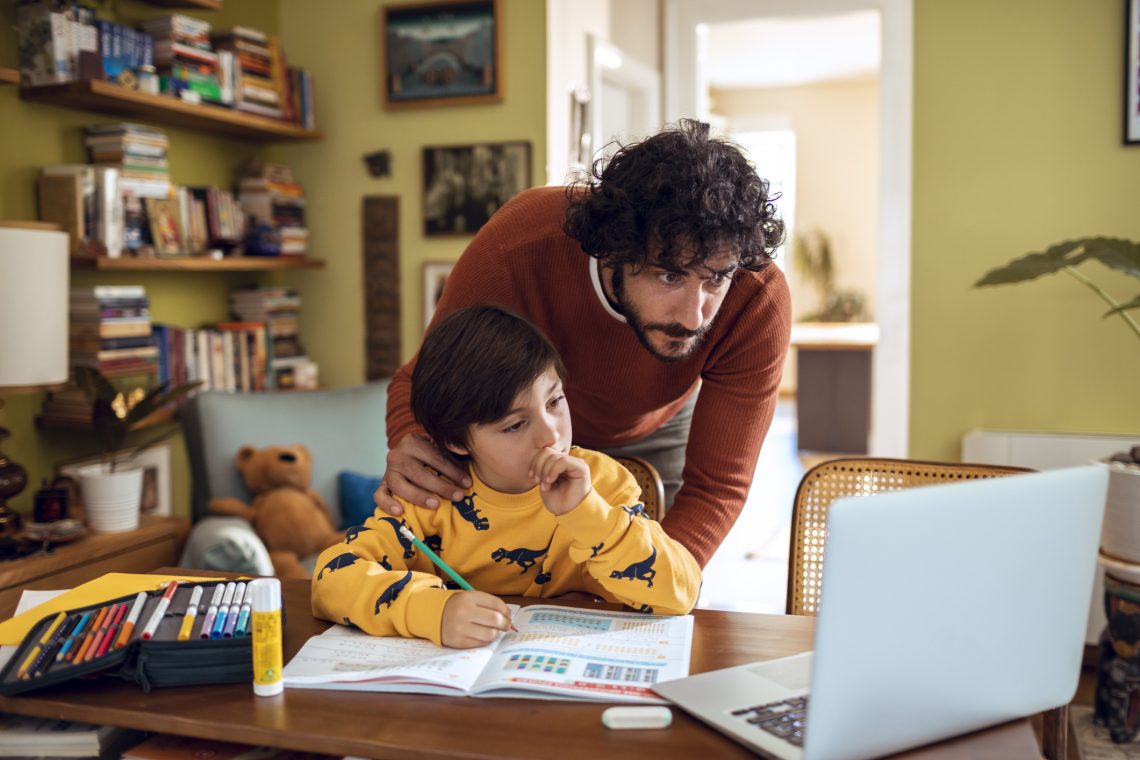
How Much Freedom Should Parents Give Their Children?
Parenting is a delicate balancing act of caring, guiding, and allowing independence to blossom. As children enter their adolescent years, the question of how much independence parents should give them becomes more pressing. Finding the correct balance is critical because too much freedom can have negative repercussions, while too much control can hinder growth and autonomy. In this essay, we will look at the complexities of teen independence as well as the perils of overindulgence in today’s parental scene.
The Changing Dynamics of Parenting
 Teenagers are increasingly being given greater independence in modern parenting. Many parents have taken a hands-off attitude in order to be progressive and avoid being branded as unduly harsh. However, it is vital to critically investigate this trend and its possible consequences for teenage well-being and development.
Teenagers are increasingly being given greater independence in modern parenting. Many parents have taken a hands-off attitude in order to be progressive and avoid being branded as unduly harsh. However, it is vital to critically investigate this trend and its possible consequences for teenage well-being and development.
The Consequences of Excessive Freedom
While providing kids independence is important for their personal development, it is also critical to anticipate possible hazards. The idea of “spoiling” children by giving them too much freedom has gained momentum in recent years. Overindulgence may take many forms, including a lack of discipline, entitlement, and an unwillingness to deal with problems. To guarantee healthy growth, it is critical to strike a balance between freedom and direction.
Navigating Teen Freedom
 Rather than going to extremes, parents should strive for a balanced approach that promotes independence while preserving necessary boundaries. An atmosphere conducive to growth may be created by open communication, mutual trust, and incremental degrees of freedom. Giving teenagers responsibility and enabling them to make educated decisions within a structured framework helps foster self-reliance and critical thinking.
Rather than going to extremes, parents should strive for a balanced approach that promotes independence while preserving necessary boundaries. An atmosphere conducive to growth may be created by open communication, mutual trust, and incremental degrees of freedom. Giving teenagers responsibility and enabling them to make educated decisions within a structured framework helps foster self-reliance and critical thinking.
Establishing Clear Boundaries
Setting limits is an essential element of being a competent parent. These limits should be created cooperatively, taking into consideration the teenager’s age, maturity, and particular requirements. Clarifying expectations about curfews, academic obligations, and domestic chores assists kids in understanding the repercussions of their behavior and developing a feeling of accountability.
Teaching Responsibility and Consequences
Parents have an important role in teaching teens about responsibility and the consequences of their actions. Rather than protecting their children from life’s realities, parents should give advice and support while letting their children to confront the natural consequences of their choices. This method promotes self-reflection, resilience, and the development of important life skills.
Encouraging Independence and Decision-Making
 As teens develop, it becomes increasingly important to promote autonomous thinking and decision-making. Allowing kids to take measured chances and learn from their failures helps them develop resilience and self-confidence. Parents may provide direction by outlining possible dangers and rewards, encouraging critical thinking abilities, and providing a nurturing atmosphere for development.
As teens develop, it becomes increasingly important to promote autonomous thinking and decision-making. Allowing kids to take measured chances and learn from their failures helps them develop resilience and self-confidence. Parents may provide direction by outlining possible dangers and rewards, encouraging critical thinking abilities, and providing a nurturing atmosphere for development.
Staying Connected and Involved
Giving teenagers independence does not imply disengaging from their life. It is critical for parents to keep lines of communication open, actively listen to their children’s issues, and show real interest in their life. Parents may develop trust and create an environment in which teens feel safe seeking guidance and counsel by being active and supportive.
The Role of Effective Communication
Effective communication is essential in the parent-teen connection. It is an essential tool for understanding and engaging with teens, helping parents to advise and assist them as they face adolescent issues. Open and honest interactions allow parents to acquire insight into their adolescent’s ideas, feelings, and goals.
Active listening is another critical component of good communication. When conversing with teens, parents should be totally present and give their undivided attention. Empathy and understanding enable parents to connect on a deeper level, validating their teen’s experiences, feelings, and struggles.
Navigating the complications of giving children freedom necessitates a delicate mix of trust, supervision, and accountability. While overly permissive parenting is popular, it is critical for parents to grasp the possible hazards of too much freedom. Parents may encourage their kids to become autonomous, responsible, and well-rounded persons by finding a medium ground, creating clear limits, teaching responsibility, and keeping active. The ultimate objective is to nurture their development while also giving them the support and advice they require to face the obstacles of adolescence.
You May Also Like

This is why I allow my kids to swear
2021-12-13
Navigating Discipline: Exploring Approaches to Child Correction and Their Implications
2023-11-23

